"Hungary should be thinking in terms of a 'key country' strategy, and whether a country becomes a key country depends on how it secures its role in the international world order," the Prime Minister's political director said at the Tranzit Festival in Tihany.

Speaking at a debate titled “Ferry or Bridge Country” along with foreign policy expert and former liberal politician Istvan Szent-Ivanyi, Balazs Orban argued that finding balance is essential for any country. He stressed the importance of
all the movements of the great powers surrounding a nation to align in contributing
to its economic, social, political and foreign policy strengthening.
“If a country can find that turntable, that starter key, it can function and become a key state in its own region. If not, it blends in and is condemned to being a follower in autopilot mode,” Orban said, emphasizing that the role of a key country does not depend on size or population, citing Switzerland and Singapore as examples.
Szent-Ivanyi countered that only a country whose performance justifies it—and which can serve as an attractive model—can truly be a successful or key nation. He added that the EU’s organizational culture is fundamentally one of constructive and good-faith cooperation, which he said he does not see from the Hungarian government.
Orban, however, argued that Hungary is currently experiencing one of its strongest periods, even compared to the better phases of the 20th century. Hungary, he said, is pursuing strategic cooperation with the United States, China, Russia, Turkey and emerging Arab states, while as an EU member it cooperates daily with 26 other member states across 30 policy areas.
We wanted to create a system—and we are very close to achieving it—in which every great power has an interest in Hungary’s stability and success. Hungary is part of international cooperation, shaping events,
– jelentette ki. „ Európa mi vagyunk, felelősségünk alakítani Európát, és ha Európa nem a mi érdekeinknek megfelelő irányba megy, küzdeni kell az irányváltás érdekében” – fogalmazott. A migrációról szólva kijelentette: az EU-t olyan kérdések feszítik, amelyekben logikailag lehetetlen a kompromisszum.
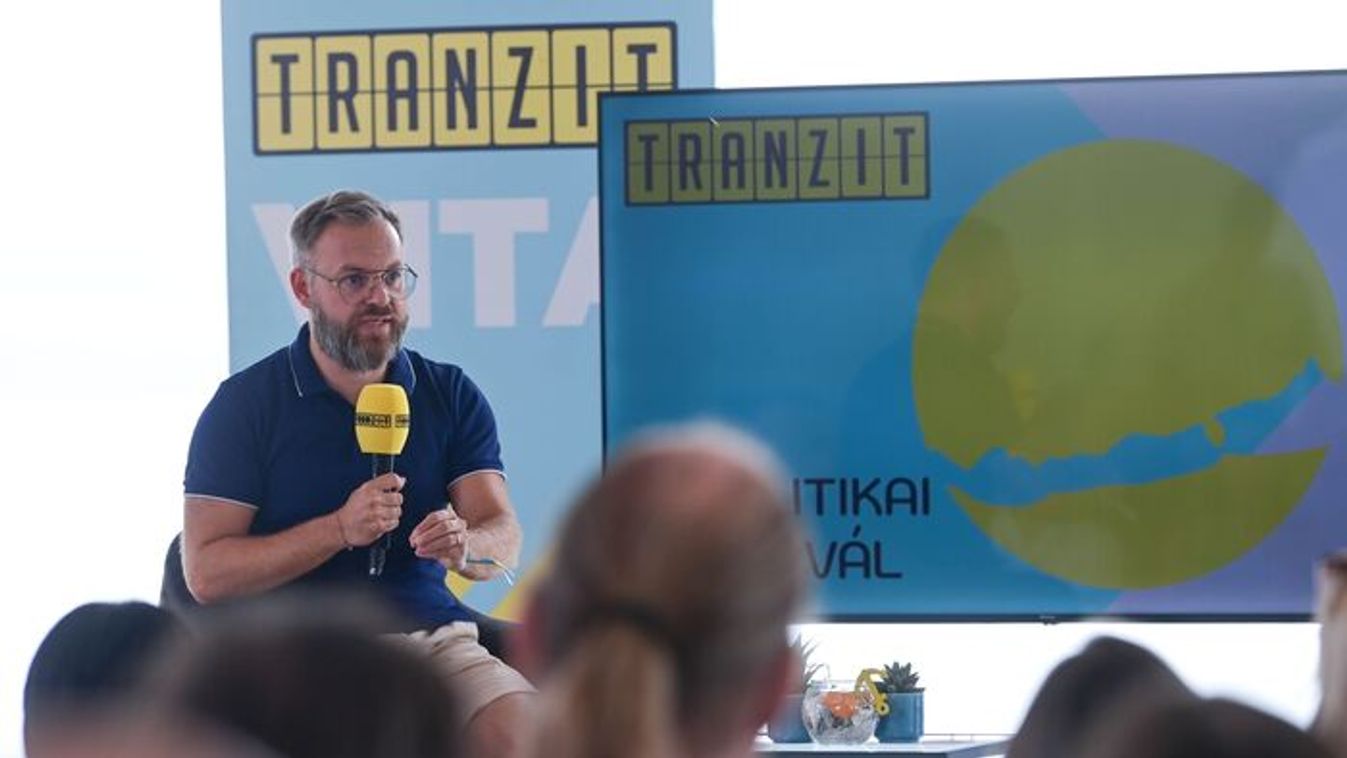
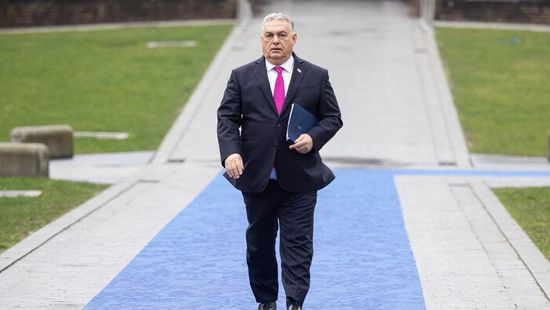
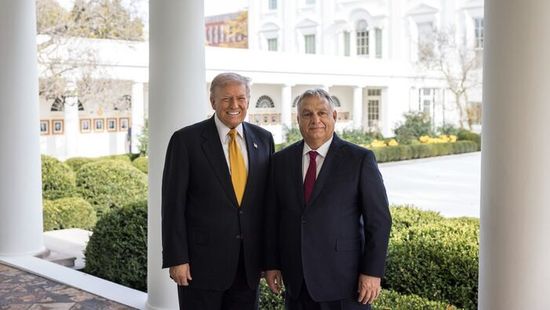

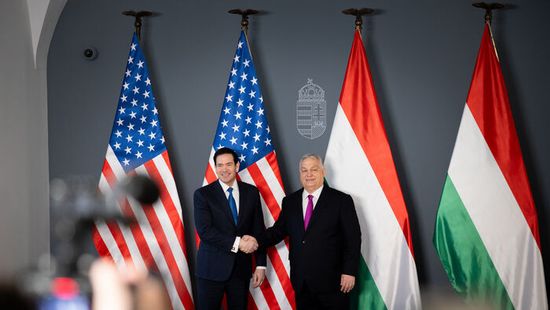

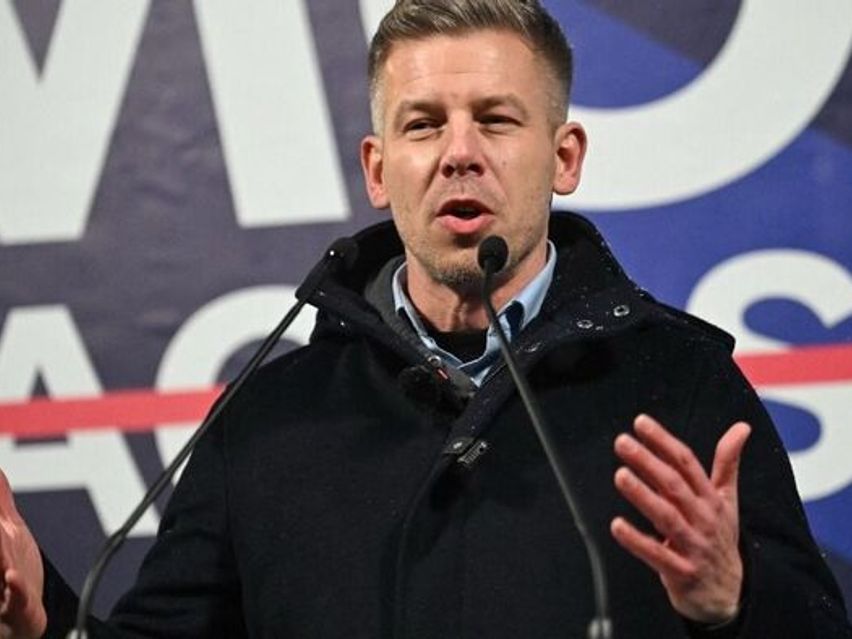


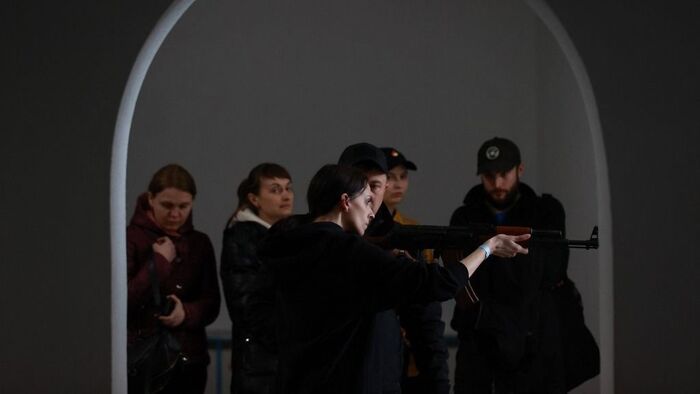

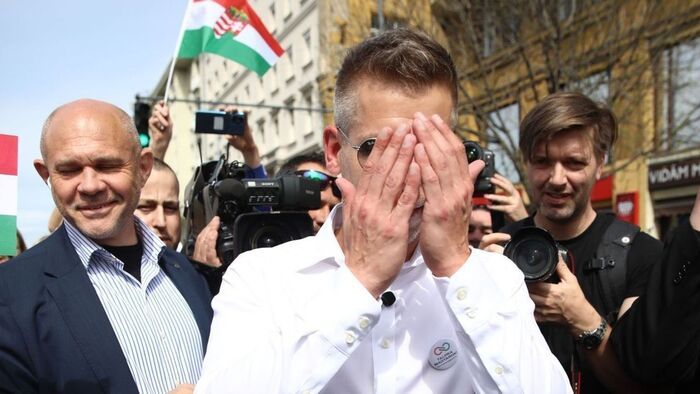
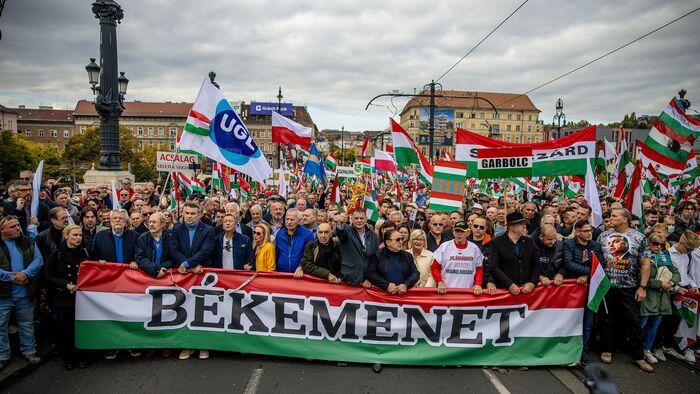

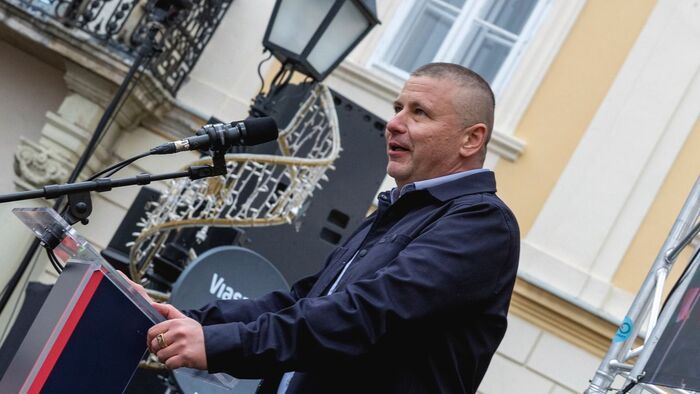
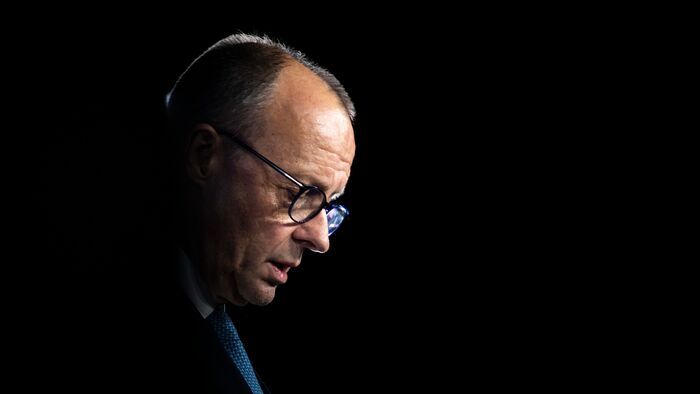
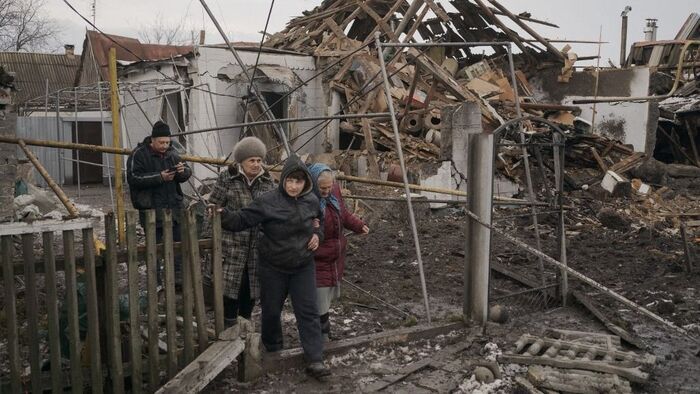
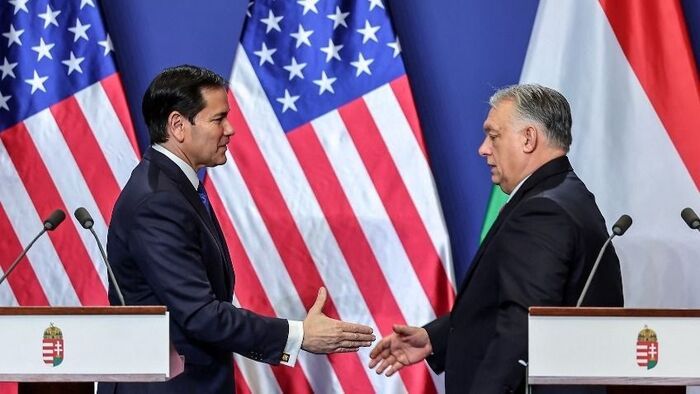





Szóljon hozzá!
Jelenleg csak a hozzászólások egy kis részét látja. Hozzászóláshoz és a további kommentek megtekintéséhez lépjen be, vagy regisztráljon!